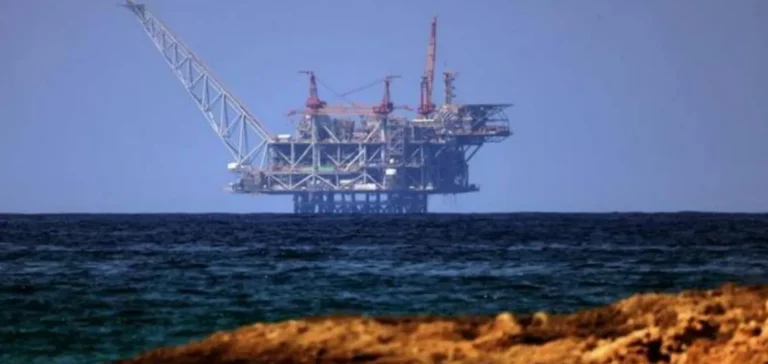Egypt has signed four new gas exploration agreements representing a total investment of $343mn. These contracts cover the drilling of ten wells in the Mediterranean and the Nile Delta. The initiative is part of the national strategy to secure energy supply in the face of declining production. The state-owned Egyptian Natural Gas Holding Company (EGAS) is coordinating these commitments with several international partners.
Foreign investments alongside EGAS
Shell will allocate $120mn for three offshore wells in the Merneith block. Eni, a key player in the Zohr field, will invest $100mn in three additional wells at East Port Said. Arcius Energy, a joint venture between British Petroleum (BP) and Abu Dhabi National Oil Company (ADNOC), will drill two wells in the North Damietta block with a budget of $109mn. Russian company Zarubezhneft will invest $14mn to drill four onshore wells at North El-Khatatba. These programmes reflect strong public involvement aimed at reviving production capacity.
A response to the decline at Zohr field
The Zohr gas field, which had ensured the country’s energy autonomy, is experiencing a decrease in extracted volumes. According to the Joint Organisations Data Initiative (JODI), national production fell to 3.5bn cubic metres in May 2025, compared with more than 6bn per month in 2021. This drop forced Egypt to resort to imports of liquefied natural gas (LNG), with 40 to 60 cargoes negotiated for a cost of about $3bn.
A dynamic already launched in June
In June 2025, EGAS had already awarded six blocks, representing $245mn of investments for a minimum of 13 wells. These blocks included four offshore areas in the Mediterranean, one in the Nile Delta and one in North Sinai. The accumulation of these commitments illustrates an increasing mobilisation of public resources to support exploration and respond to declining production volumes.
The pace at which these new wells are drilled and brought into service will determine Egypt’s ability to restore stable production in the coming years.






















